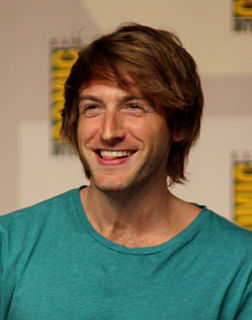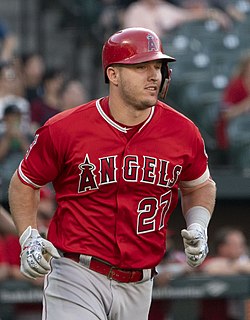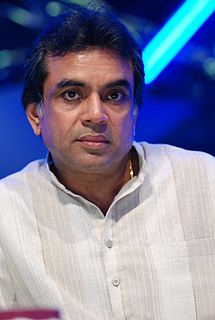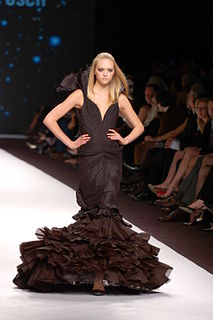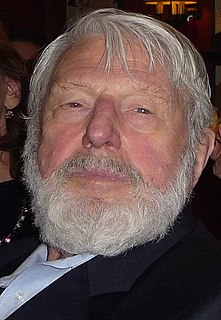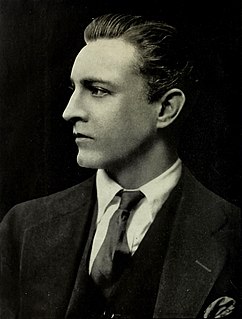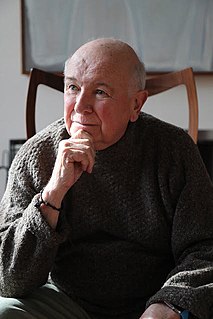A Quote by Lillete Dubey
All actors know that the real adrenaline rush is in doing theatre. There is an immediate connect, and a role in a play, for an actor, is the biggest temptation.
Quote Topics
Related Quotes
I don't see myself as one type of actor. When you get one role, you start to get cast in that role for awhile because that's what people have seen you do, and have hopefully seen you do it successfully. And so, it becomes an easier thing to see you as, for casting directors and directors, and they start to think of you as that particular person or type of character. But, for me, I'm just an actor, first and foremost. The actors I respect are the real character actors, who are the real chameleon actors that completely change from role to role.
Being an actor in TV or movies is different. A film or TV actor, if put in theatre, won't know certain dimensions, while a theatre actor won't know certain things when he comes before the camera. So I think a film actor can learn emoting from this theatre counterpart, while the theatre actor can learn about camera techniques from the film actor.
The first professional game of your career is obviously the biggest, but you still get the jitters, you still get the adrenaline rush before every game. A lot of people don't realize that, but it's true. I have always told myself that if you don't feel those nerves and you're not having fun, you shouldn't be playing. And I always enjoy the competition, the adrenaline rush before a game. And just competing with your buddies at the highest level, every day.
The big difference I think between tv and stage is definitely the immediate buzz that you get. And that's not just as an actor, as an audience member you're getting the chance to have this kind of two-way process where the actors and the audience are experiencing the same thing. With tv you often have to wait months and months down the line to actually get the pay-off. Whereas with theatre it's a very immediate thing.
An actor is supposed to emulate life. Instead, alas, many are imitating other actors. You don't fashion your knowledge of theatre or your approach to a role on the basis of what other actors have done. This kind of thinking is a great danger, especially in dealing with TV producers who frequently say things like, 'This is a Sean Connery type.'
To be honest, I am not theatre-trained and though I am confident in my skill set, to do theatre requires a better-tuned set of muscles and I sometimes defer to actors who are better trained. But at the times I do want a shot, I'll go for it, especially if the piece speaks to me and the opportunity comes up. The immediate response from a theatre audience is so thrilling, affirming, and soul-feeding; to know how you've affected an audience at curtain can be ego-blowing, both good and bad.
Work with good directors. Without them your play is doomed. At the time of my first play, I thought a good director was someone who liked my play. I was rudely awakened from that fantasy when he directed it as if he loathed it. . . . Work with good actors. A good actor hears the way you (and no one else) write. A good actor makes rewrites easy. A good actor tells you things about your play you didn't know.

